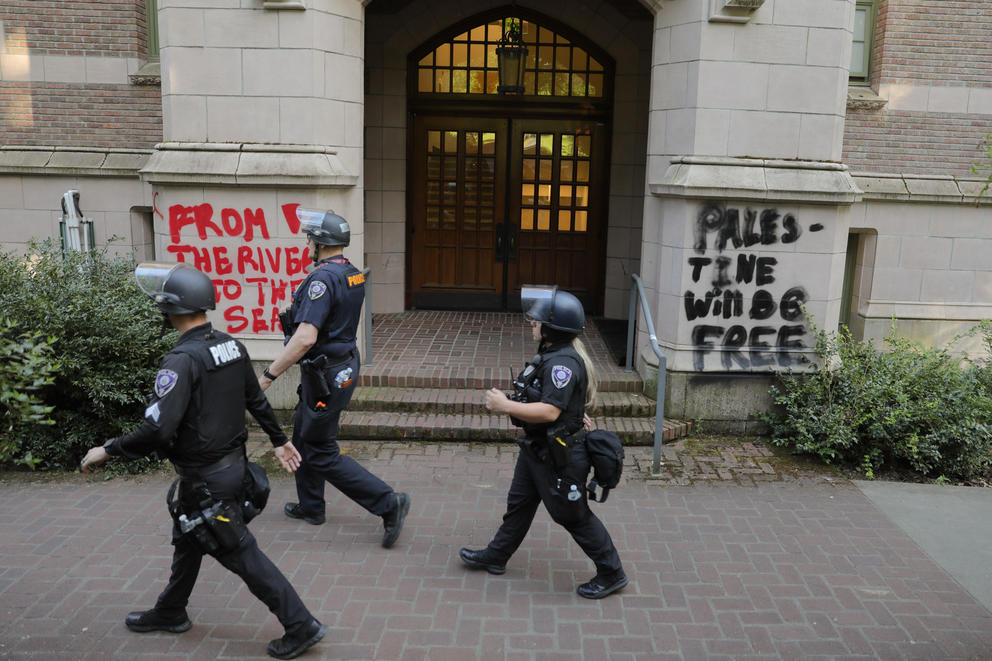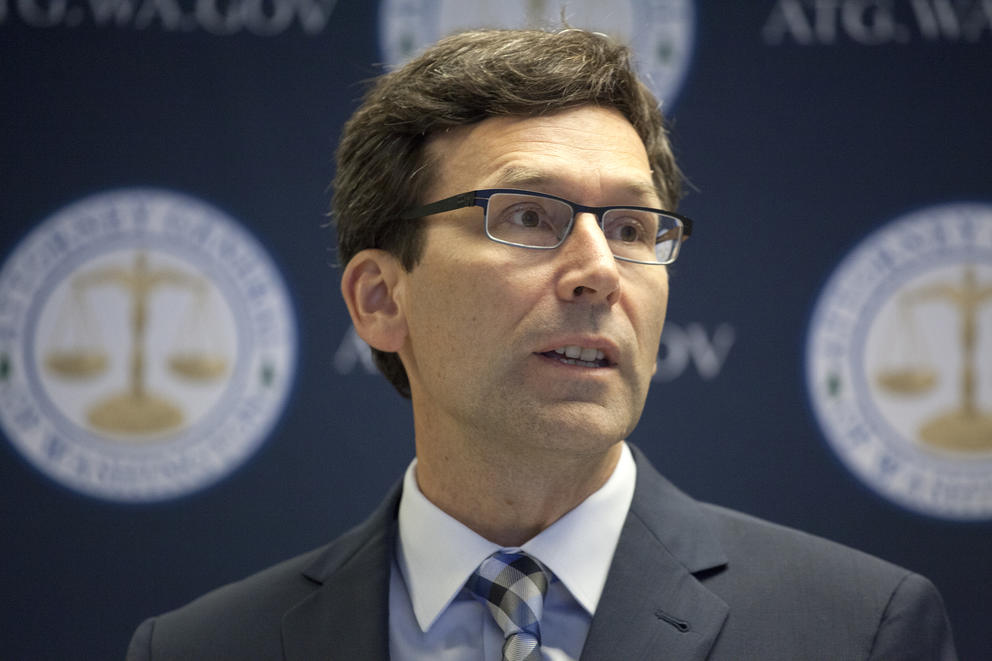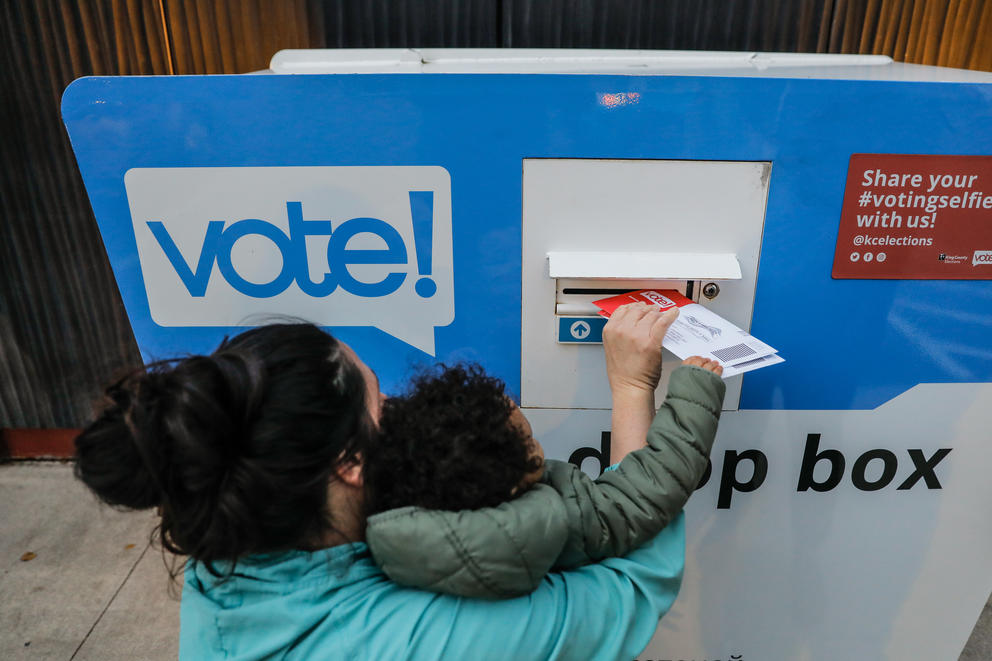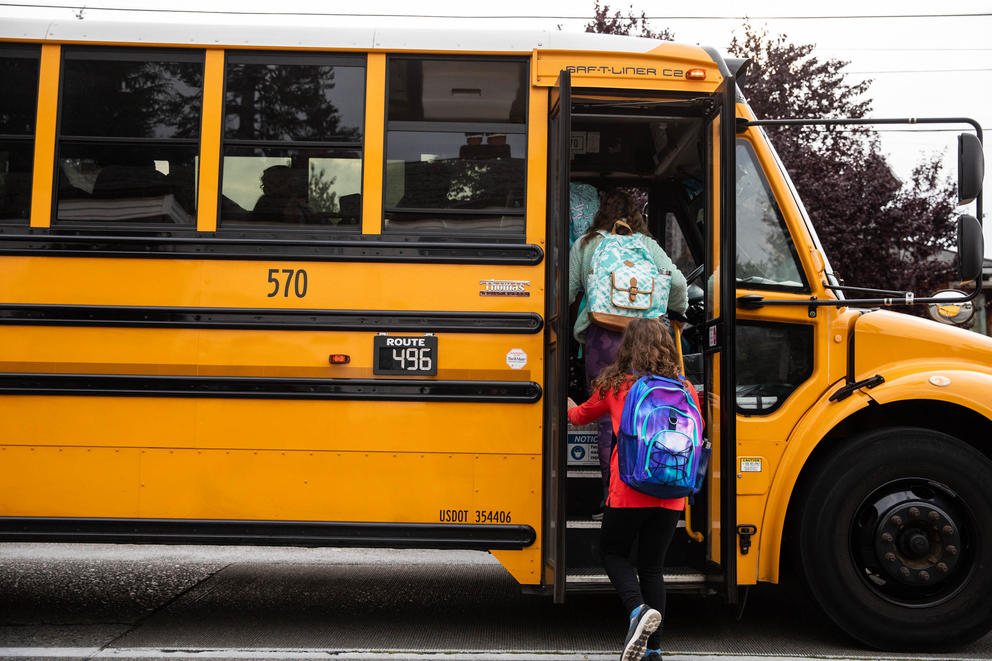WA lawmakers pass bill to curb seizures of child support payments
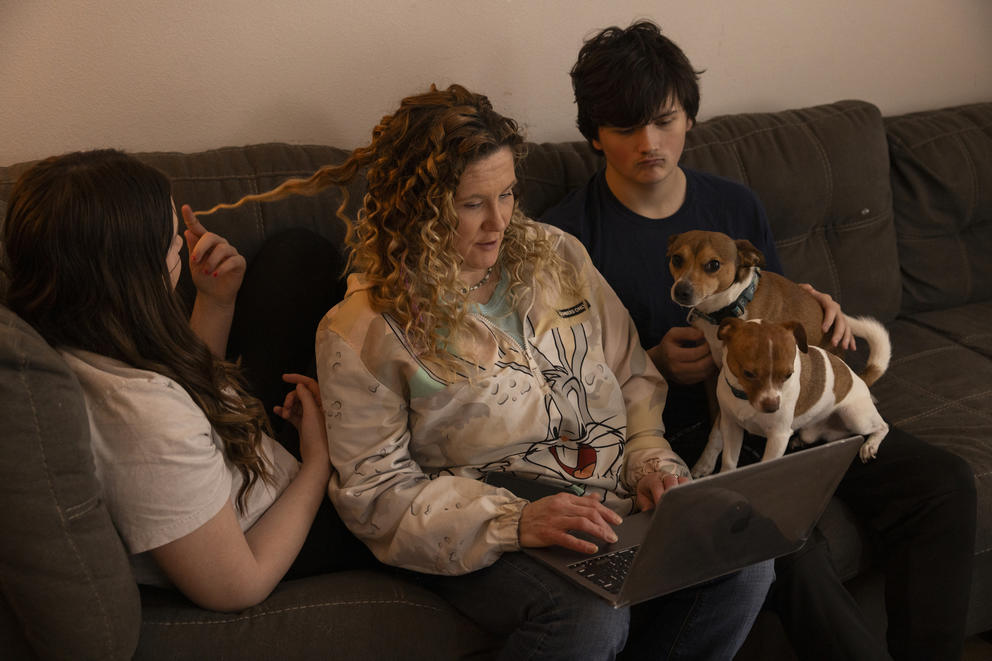
Amy Roark, center, and two of her children, GracieLynn Rich (left) and Kayden Wake (right), at her home in Vancouver, Wash., on Sunday, Jan. 21, 2024. For several years, while Roark was on TANF, the state intercepted thousands in child support payments meant for her children. Now she’s off TANF but still struggling after the loss of that money. (Kristina Barker for Cascade PBS)
A bill to curtail the state’s practice of intercepting child support payments from families who receive cash benefits from Temporary Assistance for Needy Families is slated to become law after receiving final approval from Washington’s state Legislature on Tuesday.
Washington took $41 million intended for the parents of impoverished children in 2022, under a long-standing but little-known practice authorized by federal law. Cascade PBS recently found broad bipartisan opposition to the policy, which some officials described as a tax on poor families.
“Families receiving child support and state benefits such as TANF need every dollar to meet their basic needs,” bill sponsor Rep. Jamila Taylor, D-Federal Way, wrote in an email to Cascade PBS.
Under current policy, parents on welfare can receive just $50 per month of the payments meant to support their children, or up to $100 if they have multiple children. The new policy will “pass through” the entirety of those monthly payments to families, although the state can still seize back-owed debt.
HB 1652 will not take effect until 2026, due to an amendment introduced by a Senate committee at the request of the Department of Social and Health Services, which manages both child support and TANF. A DSHS spokesperson wrote in an email to lawmakers that the agency needed extra time to perform IT upgrades.
The bill unanimously cleared the Senate last week and now heads to Gov. Jay Inslee’s desk after the House accepted the Senate’s amended timeframe. Taylor initially pushed back on that delay request, but told Cascade PBS on Friday that she would urge her House colleagues to vote yes.
“While my wish would be to start giving families relief as soon as possible, I will be accepting the Senate’s amendment to ensure that this bill makes it to the Governor for signature this session,” Taylor wrote.
Washington currently splits the proceeds from child support collections with the federal government. A fiscal note attached to the bill estimates that stopping much of those collections will cost the state about $15 million per year.
Updated with concurrence approval in the House at 3:20 p.m. on March 5, 2024.


